Posts in category "Main"
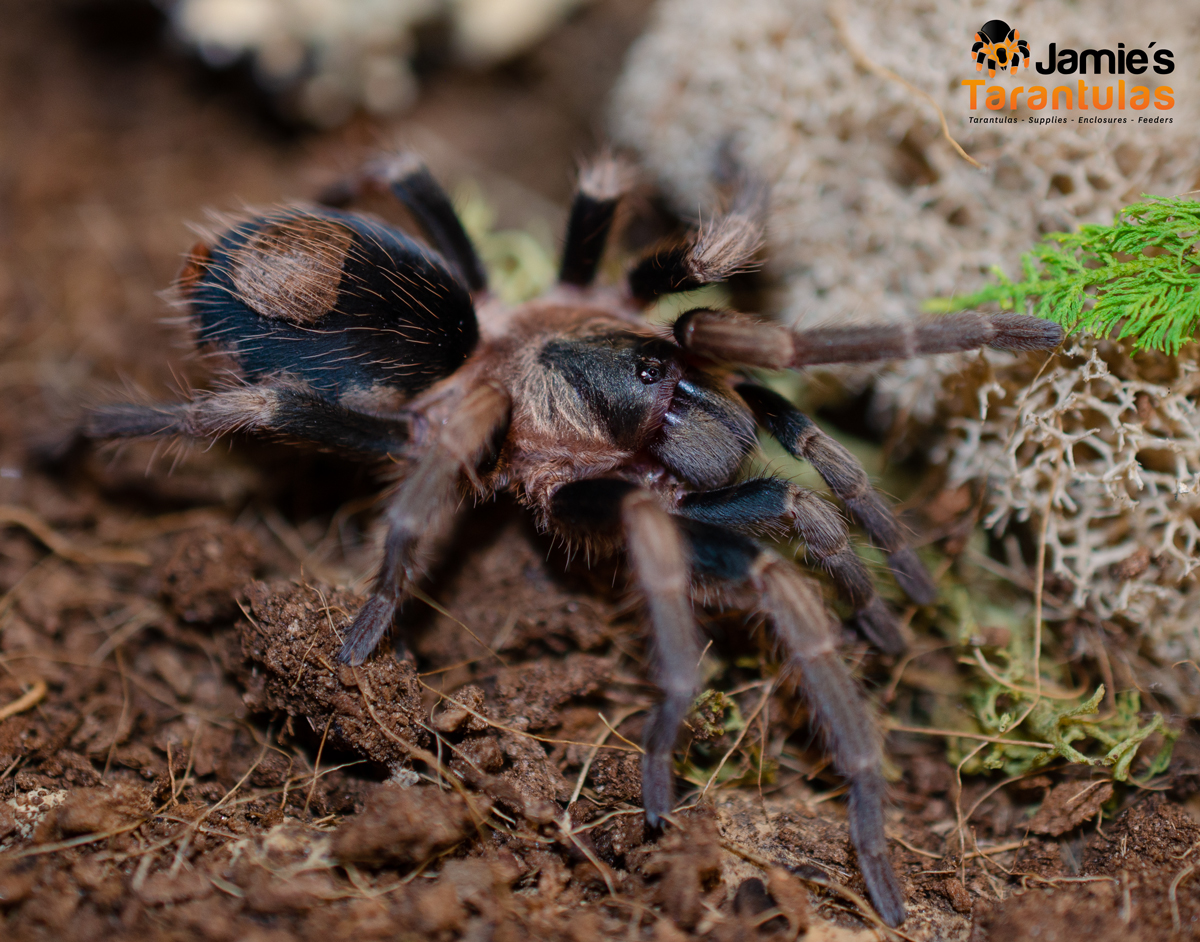
Cardiopelma cf. mascatum (Orange Flame Rump) Care Sheet
19/08/2021
Reaching a maximum of about 2 1/2" DLS this lovely little tarantula is a lot of WOW in a little package. I just about fell over the first time I saw an adult female. I do not believe photos can do it justice. You just have to see this one in person.
...
Read more
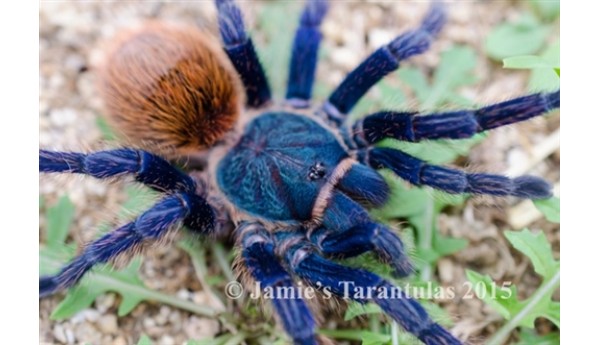
Chromatopelma cyaneopubescens (Green Bottle Blue / GBB) Care Sheet
19/08/2021
When someone asks me for a recommendation on what to get...it's this spider.
I mean... what's not to love?
GBB can thrive in a wide range of conditions.
They are hardy and forgiving.
The species has one of the best feeding responses of any tarantula and are known to ...
Read more
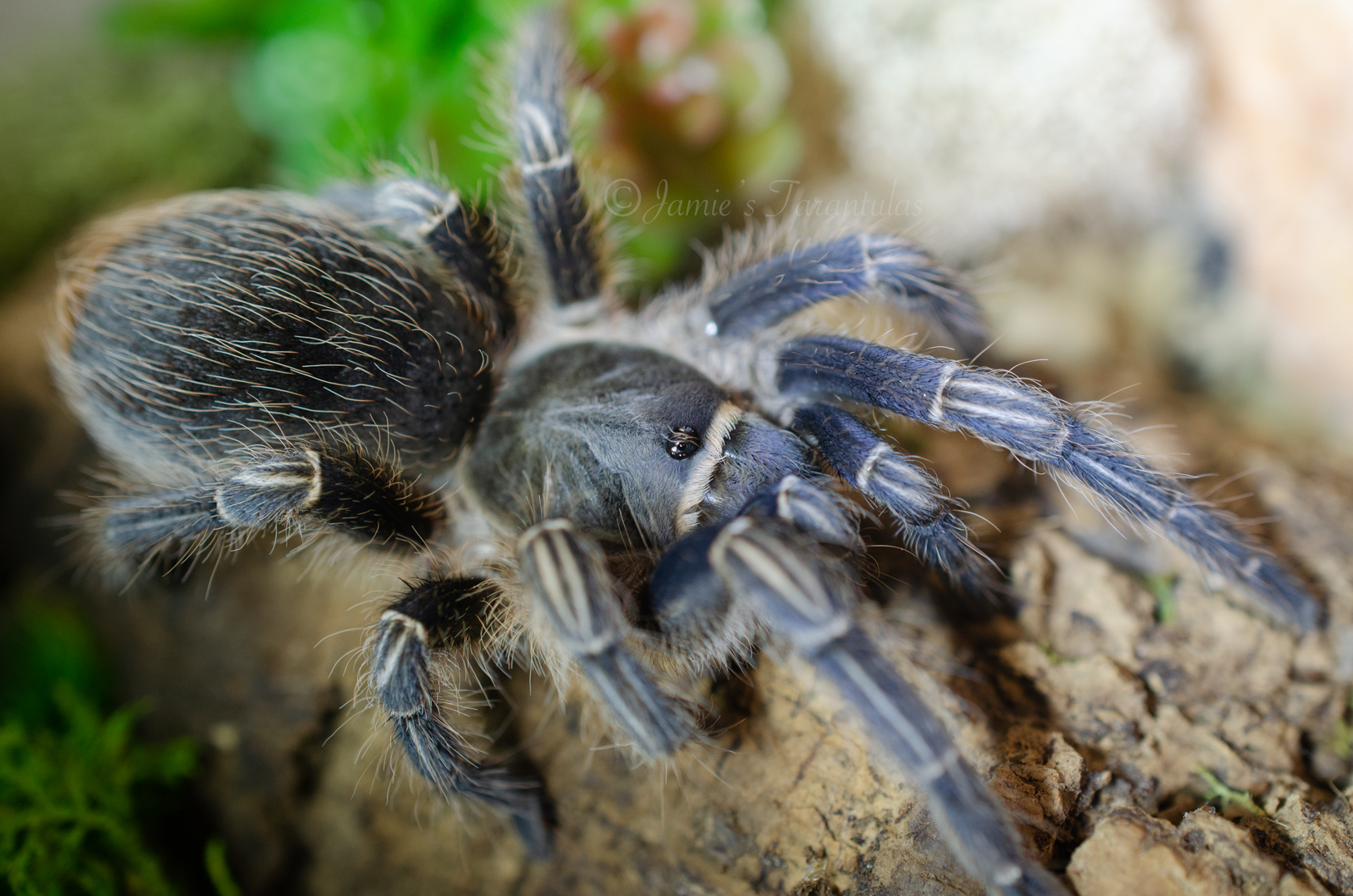
Aphonopelma seemanni (Costa Rican Stripe Knee / Zebra) Care Sheet
19/08/2021
Aphonopelma seemanni is also known as the Costa Rican stripe knee or Costa Rican Zebra tarantula. This species is often sought by beginner keepers and is a fantastic choice for those new to the hobby, provided the specimen is over about 1 1/4" DLS.
Pictured below is a sub-adult female showing off ...
Read more
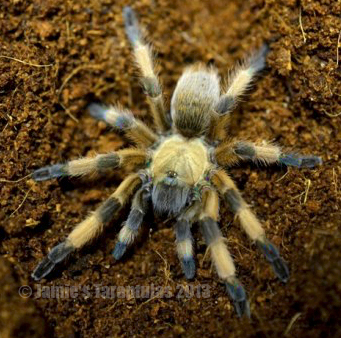
Aphonopelma moderatum (Rio Grande Gold) Care Sheet
16/08/2021
This coveted species needs no introduction.
Known for it's beauty, longevity, hardiness and docile nature this is about as good as it gets right here.
Their signature patterns and coloring come in around 2-2 1/2" DLS and tend to get stronger with age. This young female is just beginning to display ...
Read more
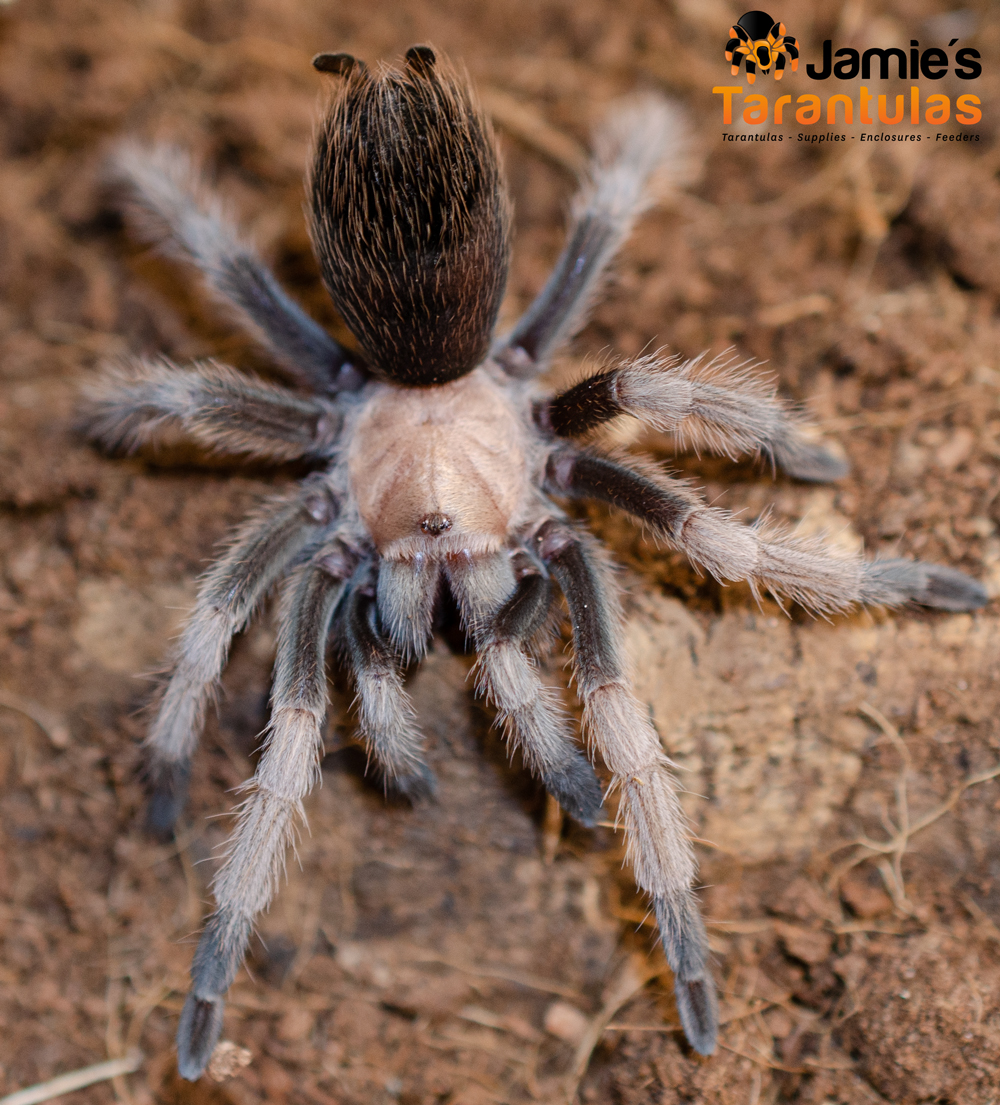
Aphonopelma iodius / Aphonopelma smithii (Desert Tarantula) Care Sheet
16/08/2021
Aphonopelma smithii became a synonym with Aphonopelma iodius in 2016. This species is often called the Bay Area Blonde, Desert Tarantula or Mojave Desert Tarantula as it is found in the deserts and borders of the Mojave Desert.
Like other Aphonopelmas is known for its longevity and hardiness. Often considered a ...
Read more
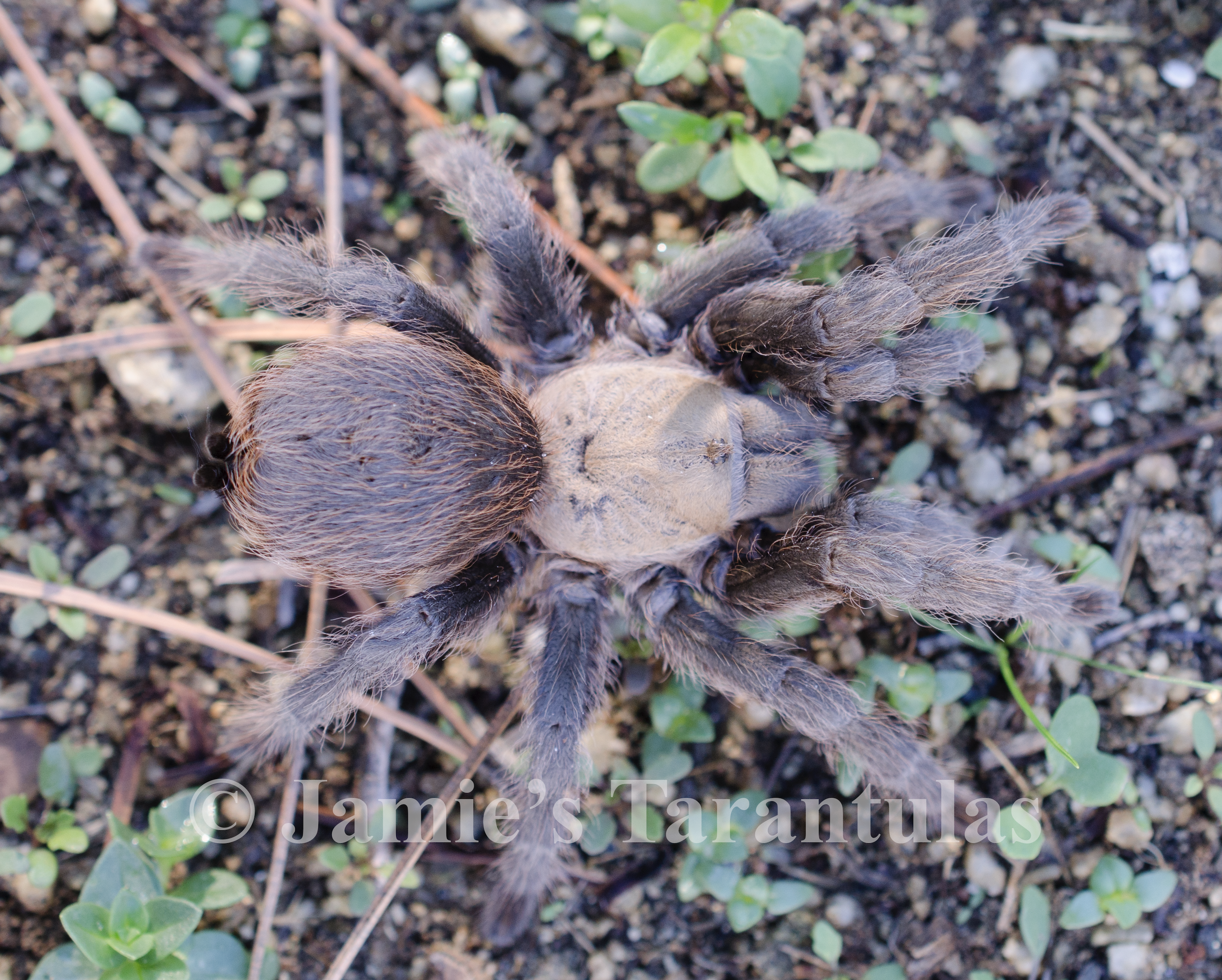
Aphonopelma hentzi (Texas Brown) Care Sheet
16/08/2021
The species is known for its longevity and hardiness. Often considered a docile species, I find they can sometimes be testy although bites are rare and not considered medically significant. The species is typically slower-moving which makes care, maintenance, rehousing and shipping much easier on the keeper.
Smaller slings like ...
Read more




